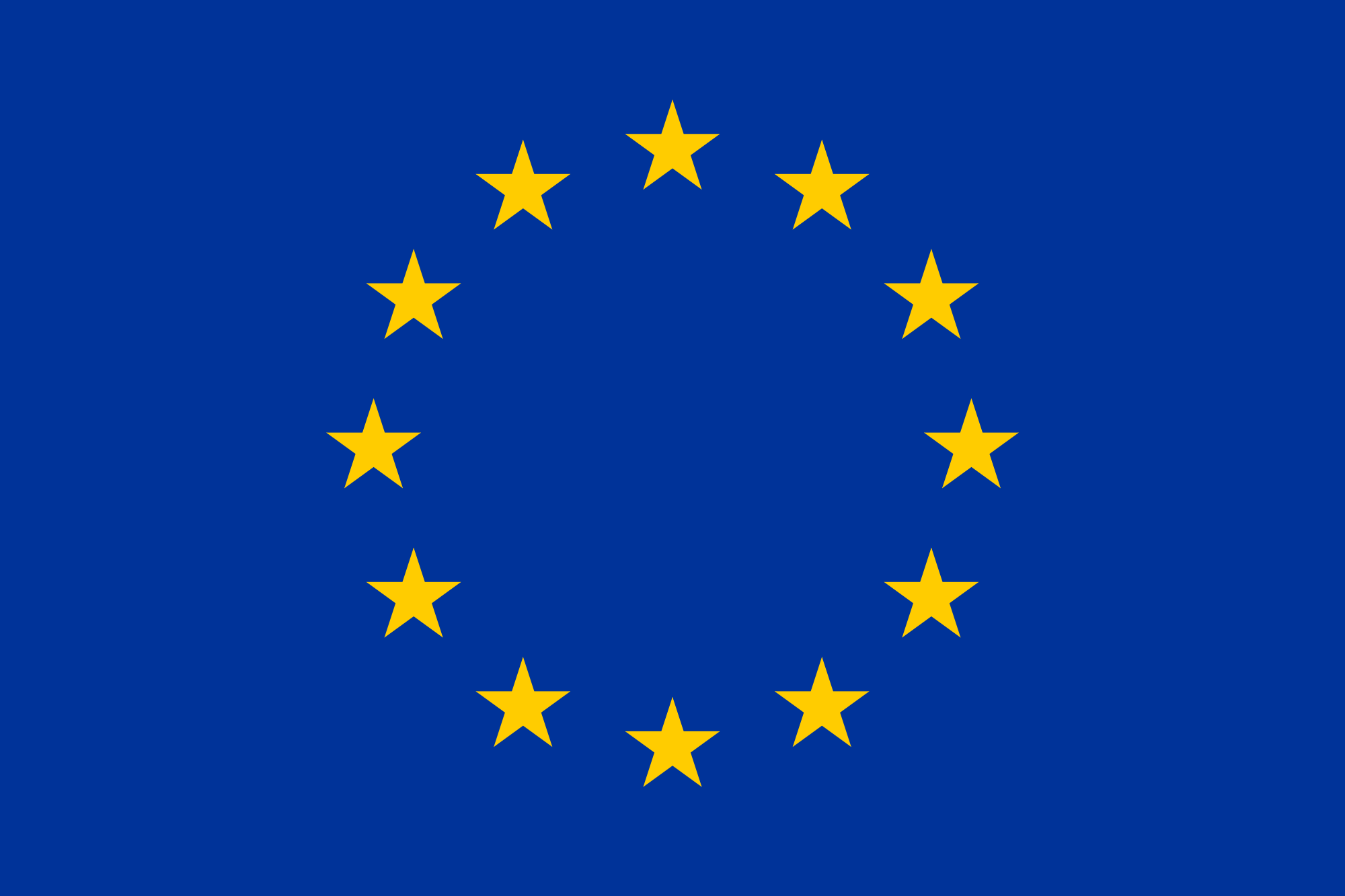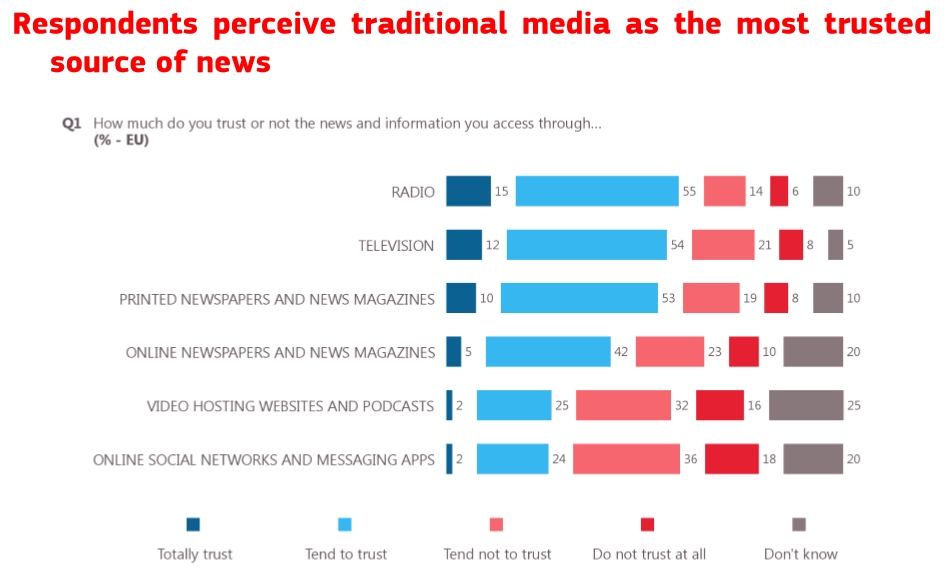Blog
How is Co-Inform aligned with the EU strategy to tackle disinformation?Author: Dimitris Sotirchos, Researcher at eGovlab, Stockholm University

A European approach to tackle online disinformation was first outlined in April 2018 with the EU Commission’s Communication, Tackling online disinformation: a European Approach. The following step was for the Commission to convene a Multi-stakeholder Forum with participants from online platforms, advertisers and journalists in order to come up with a set of principles to follow. On October 16 Commissioner Mariya Gabriel officially unveiled the code of practice to fight online disinformation. Online platforms have agreed in principle to take concrete actions towards increasing accountability, transparency of political advertisement and closer cooperation with fact-checkers. The Code is currently based on voluntary action and its effectiveness will be assessed by the Commission on a continuous basis.
The EU elections of May 2019 will be the initial test for the Code as election interference through digital means has now become a growing concern on a global scale. European elections were also the motive behind the joint organisation by the EU Commission and the European Parliament of a conference that took place on 27-28 September and brought together various fact-checking organisations. The EU institutions show that they are determined to act and find the best possible ways to protect the democratic process from online disinformation. Until 2020 more than 20 electoral contests will take place on the continent, which explains the sense of urgency.
Concentrating only on solutions tackling disinformation campaigns before and during elections remains a short-term strategy when it comes to the complex issue of misinformation. The event organised by the European Political Strategy Centre on 15 – 16 October and attended by some Co-Inform Consortium representatives, illustrated the whole range of technological and social challenges awaiting in the near future. From misinformation circulating in encrypted messaging applications to the manipulation of audio and video content (“deep fakes”), false information is expected to become increasingly harder to detect. These challenges cannot be solved with one-off solutions during electoral cycles. A deeper, comprehensive strategy is required to counter the erosion of trust. The EU Commission’s overarching principles aim to “foster credibility of information by providing an indication of its trustworthiness” and “improving traceability of information and authentication of influential information providers” as well as including a broad range of stakeholders in the process.
Co-Inform will contribute to those principles through the following steps:
- Foster critical thinking and digital literacy.
- Verify the credibility of content with the assistance of computer scientists and fact-checking partners.
- Ensure inclusiveness through co-creation methodology during workshops involving citizens, journalists, and policymakers.
- Provide policy recommendations useful at a European level after research is conducted in culturally diverse settings (Austria, Greece, and Sweden).
Co-Inform aims at complementing the EU’s strategy and going even a step further by looking for more inclusive solutions. A survey by Eurobarometer conducted this year on ‘Fake News’ and Disinformation Online showed that Europeans trust online sources considerably less than traditional media sources. However, today an overwhelming majority of people get their news from online sources. There is a stark contradiction here that can result in increasing suspicion, confusion and ultimately apathy or extreme polarization.

Eurobarometer ‘Fake News’ and Disinformation Online
Restoring readers’ trust has become a necessity. Co-Inform aims at adding value to the current research by making sure that the fight against misinformation includes the actual readers’ perspective. What do they find trustworthy? What not? And why? Are existing methods countering misinformation adequate or rather ineffective? Ultimately, Co-Inform aims to bring on-board all parties directly affected by the damages and impacts of online misinformation and together, step-by-step, design the tools that could offer a potential solution to the problem.
Subscribe to our newsletter
Get our latest project updates, news and events announcements first!

Co-inform project is co-funded by Horizon 2020 – the Framework Programme for Research and Innovation (2014-2020)
H2020-SC6-CO-CREATION-2016-2017 (CO-CREATION FOR GROWTH AND INCLUSION)
Type of action: RIA (Research and Innovation action)
Proposal number: 770302




